Double interviews are always fun! Take my two guests for today– Carol Bond and J.W. Northrup– both are extremely successful and both have huge followings. Carol (writing as Ellen Mae Franklin) has written a winner called The Unseen Promise and J.W. wrote the winner we all know as The Gold Slaves. Now, both of these talented writers have interviewed with me as single entities before… Today, for the first time, I have put them together!
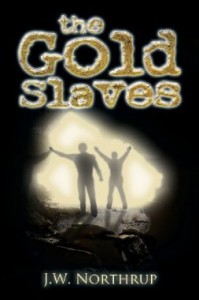 Nick: Well, let me jump in with you first, Carol. How do you approach writing fiction?
Nick: Well, let me jump in with you first, Carol. How do you approach writing fiction?
Carol: I don’t have an approach as such – I have an idea surface and from there I just write. I know it is probably not the way others do it, but I write fantasy so the boundaries are limited even though it is fiction.
Nick: Do you think it takes talent to write books or does it just take perseverance?
Carol: Both. The perseverance to finish what you start and sometimes it feels as though it can go on forever and a day. I am a Panster (a ‘seat of your pants writer’), so there is no telling when my story will end. Talent is a natural ability, not a learnt skill, and only the reader can judge you on that.
Nick: Do you think there’s a market for any kind of book? Do you think anything could catch the public’s imagination?
Carol: Nothing is impossible. I think there is a market for anything. If you consider human nature as it is, we are greedy for anything that comes our way. Even the most extreme topics have a niche. Sad to say, but it is true.
Nick: J.W., I was just asking Carol about writing so let me ask you- how do you feel your books will be accepted by readers?
J.W: It’s what any writer wants to have– his communication accepted!
Nick: Carol, do you believe you have been accepted?
Carol: Nick, I think I am a celebrity in my own mind.
J.W.: I don’t want to be a celeb. (yuck). But do want to be broadly published.
Carol: Me too! I will take what he’s having!
Nick: Do either of you write for money? J.W., you first…
J.W: Indirectly. You have to have something you love to do. You don’t necessarily do it for money, but you would like money, so you can keep doing what you’re doing.
Carol: ‘Money makes the world go round’, this saying is true, but it is not my motivation. I write to tell a tale. I shape it until it I feel that it is ready and then I send it out into the world. My joy is to hear that it has been well received.
J.W: I want to quit my day job!
Carol: I only work a couple of days a week and actually don’t wish to give it up. There is a little restaurant I go to during one of my working days once a week that I love! (laughs)
Nick: What has been the highest praise you have ever been given, J.W.?
J.W: Someone said, “I laughed so hard I started crying!” Now, when you get that, you KNOW you are making an impact.
Nick: I feel I should ask you both about negative comments. Have you suffered from negative comments, Carol?
Carol: I have had only one negative response so far and it wasn’t all that bad, but the person commenting said that it would good to see this writer work next outside the genre of fantasy. Here is the best comment ever said so far: “If you wouldn’t like to love to read, do not read this book! Yes, it is that kind of book that has the gift to make you love reading.”
J.W.: I’m just ignoring that question. That’s invalidation. No comment.
Nick: Do you believe you will ever leave the fantasy genre, Carol?
Carol: No, and if I did if would be for History. But, my love is for the worlds of imaginings. For wonder and for the creating of beings never seen or thought of before. It is important to me to make a reader see what I can see.
Nick: How about you, J.W.? Ever plan to leave the world of science fiction?
J.W.: I love to write personal stories. I do that already. I just don’t get into the boring “technical” type of writing. It has to be creative not merely informative.
Nick: How about a biography?
J.W.: Yes, but it would be creatively done. Lots of humor.
Nick: How about you, Carol? Is humour important to you as a writer?
Carol: I write humour into my books. It all depends on the scene and the personality I am working with. Like people, characters can naturally be funny or cheeky. It is important to inject the right amount of humour and spirit into a story to give it richness and depth, to engage the reader making them want to read on.
J.W.: I agree with Carol. I enjoy writing interesting characters that you can follow. You get to know them personally They’re like your friend by the end of the story.
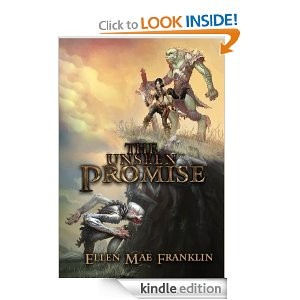 Nick: Okay, so Carol what is next for you? A new book? A new dream?
Nick: Okay, so Carol what is next for you? A new book? A new dream?
Carol: I am hitting Europe and the UK at the end of June this year for three months. As far as writing goes, I am working flat out with an author as we co-write a new fantasy series titled – Un-named. I am also working on my sequel – It’s Not the Bite That Kills You.
Nick: That sounds wonderful! I can’t wait to read that one! So, J.W., what does the future hold for you?
J.W: I have so much to write. Sequels to The Gold Slaves. Wild stories.
Nick: Now, J.W., I heard there may be a competition involving The Gold Slaves? Is that true? You may be giving free copies away?
Carol: Oh! *Hands waving* Can you ask me that question, too, about a contest?
J.W.: Heck yeah! I will give some away!
Nick: Carol, what’s with this contest you are running? I am hearing about it all over the place.
Carol: It is on my website and is called Black & White. It involves going to the contest page, and writing a short story to include the 9 black and white photos on the page. The prize is a paperback copy of The Unseen Promise, a couple of e-copies, and odds and ends. It is a fun challenge that really stretches the mind of any writer for an afternoon.
Nick: J.W., will you be taking part in Carol’s contest?
J.W.: Hell yeah! I wanna win!
Carol: I need 20 entries and I have 8. Can you believe that I keep putting it out there and all the writers around can’t find the time? (laughs)
J.W.: Ah, time, that elusive thing…
Nick: J.W, if you owned all the time in the world what would you do with it?

J.W. Northrup at his handsome best…
J.W.: I would ski a lot, run a lot, travel, and between those, find time to write – which would be most of the time.
Nick: Carol, what would you do if J.W. owned all the time in the world? Would you be buying time from him?
Carol: (laughs) No I would sit under a tree in Spain somewhere, pad and pen in hand. No boundaries, no rules.
Nick: Okay, Carol… Are there any writers you do not like?
Carol: Who’s the woman that wrote ‘Fifty shades of yuk?’ If I knew I would say she’d have to be one.
Nick: Well, we are out of time! Thank you both for joining me for this one!
Carol: You are so welcome, Nick!
J.W.: Thanks for having me, Nick! Let me know if you want to buy some time…
Thank you all for reading this one! I have to dash… Have to see a man about some time… Adios!
You can connect with Carol at her website TheUnseenPromise.com and with J.W. on his Facebook Page.


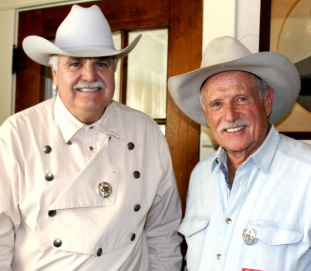
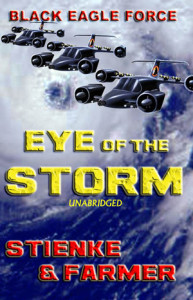
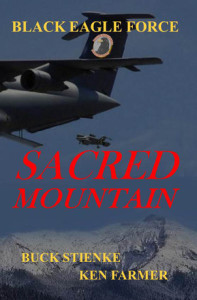
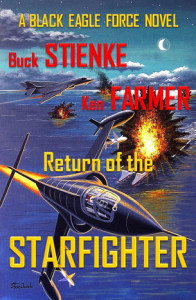
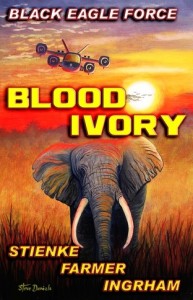


 Mike Trahan: A man who doesn’t give up and keeps on pushing until his objective is achieved. His first book “The Gift” was a startling success. From Amazon buyers to signing sessions, Mike is a winner. His second book is called
Mike Trahan: A man who doesn’t give up and keeps on pushing until his objective is achieved. His first book “The Gift” was a startling success. From Amazon buyers to signing sessions, Mike is a winner. His second book is called 
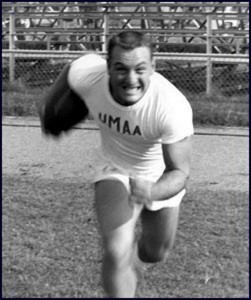
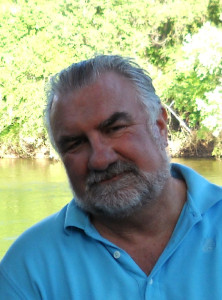



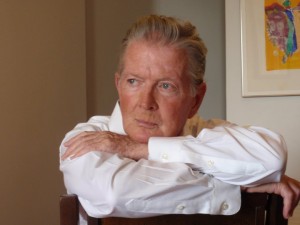
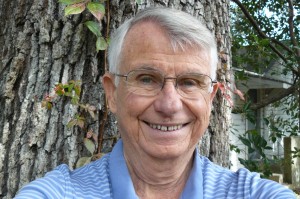
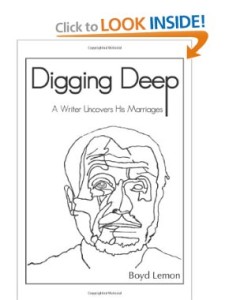
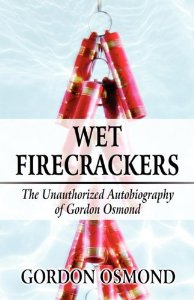

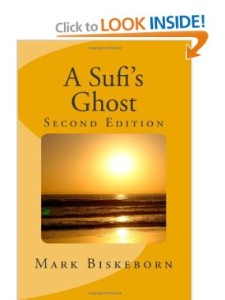

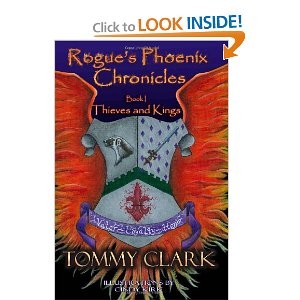

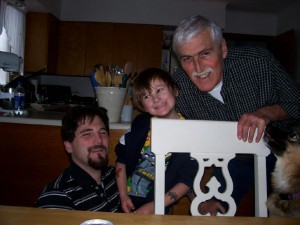



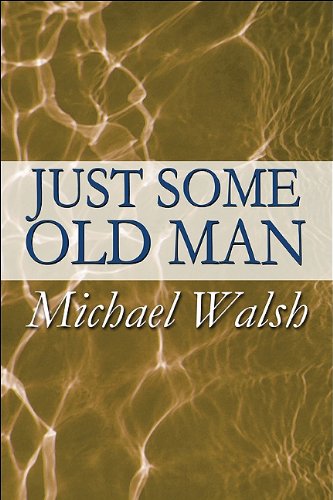
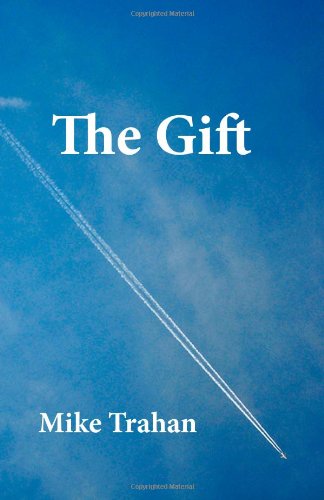
Recent Comments